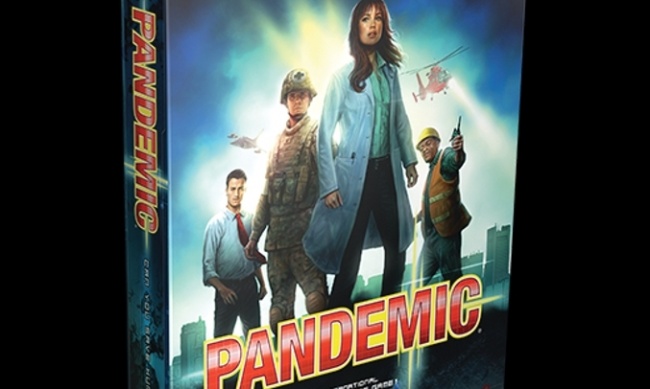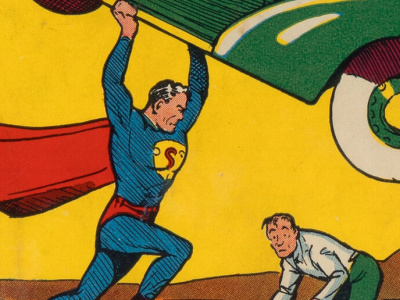Game designer Matt Leacock has penned an opinion piece for the New York Times on the origins and relevance to our present day situation of the game he designed (and won an Origins Award for in 2009, see “’Pandemic’ Wins Origins”), Pandemic. The origins of the game are relevant because conflict with his wife over a competitive game led to the development of a cooperative mechanic for Pandemic, one in which all the players have to work together to achieve the objective.
In the piece, Leacock explains the way the game is played, and looks to it for help in the midst of the coronavirus crisis. “My hope is that Pandemic can provide a model for us in this time of crisis,” he writes. “Board games have comparatively low stakes, but I’ve learned they have much to teach us: We all need to play to our strengths, balance short-term threats against long-term goals and make sacrifices for the common good. If we can communicate, coordinate and cooperate effectively we might better overcome this uncaring, relentless and frightening opponent.”
The New York Times has over five million subscribers between print and digital and can have a big impact on sales; a piece on Wingspan in the Times played a big role in blowing it up to its mega-hit status early last year (see “Rolling for Initiative – The ‘Wingspan’ Thing”). Not that Pandemic needs much help; we had it (including all expansions and spin-offs) as the #2 board game in the hobby channel for the Fall/Holidays 2019 season (see “Top 10 Hobby Channel Board Games –Fall 2019”).
Leacock’s piece is not about sales (“I can’t shake the ugly feeling that comes with knowing the game tends to do better when it resembles current events, when real people are suffering”), but about the ways that play can help people feel better about and learn from a situation. Playing “...gives people a chance to control their fears, make sense of the situation and perhaps even feel somewhat in control as they defiantly attempt to defeat the big bad themselves.”








